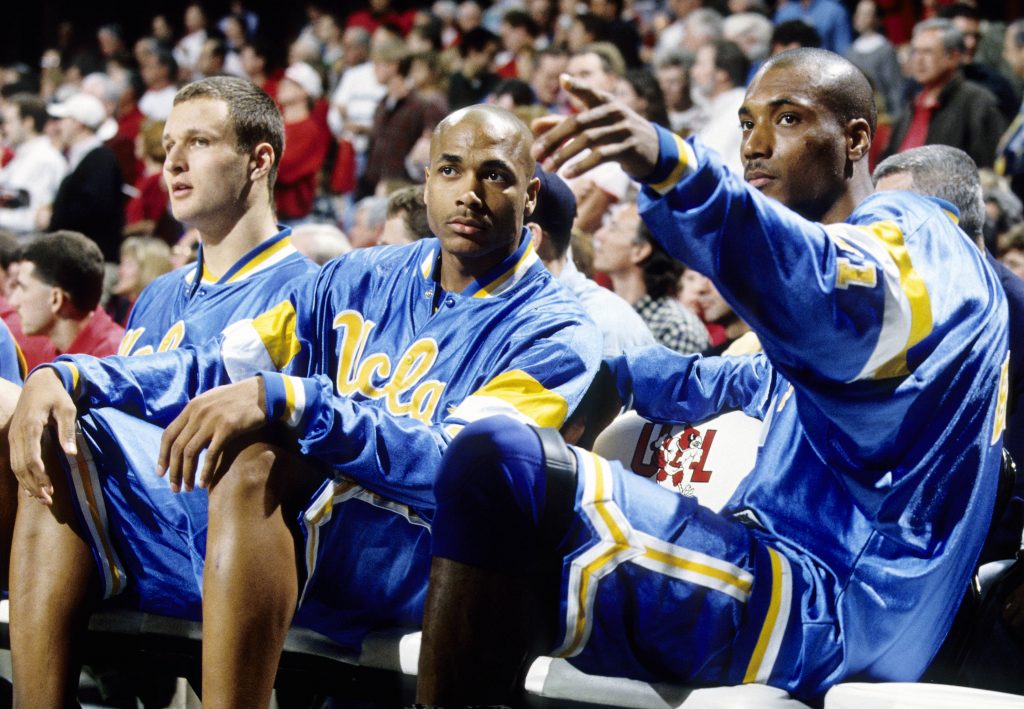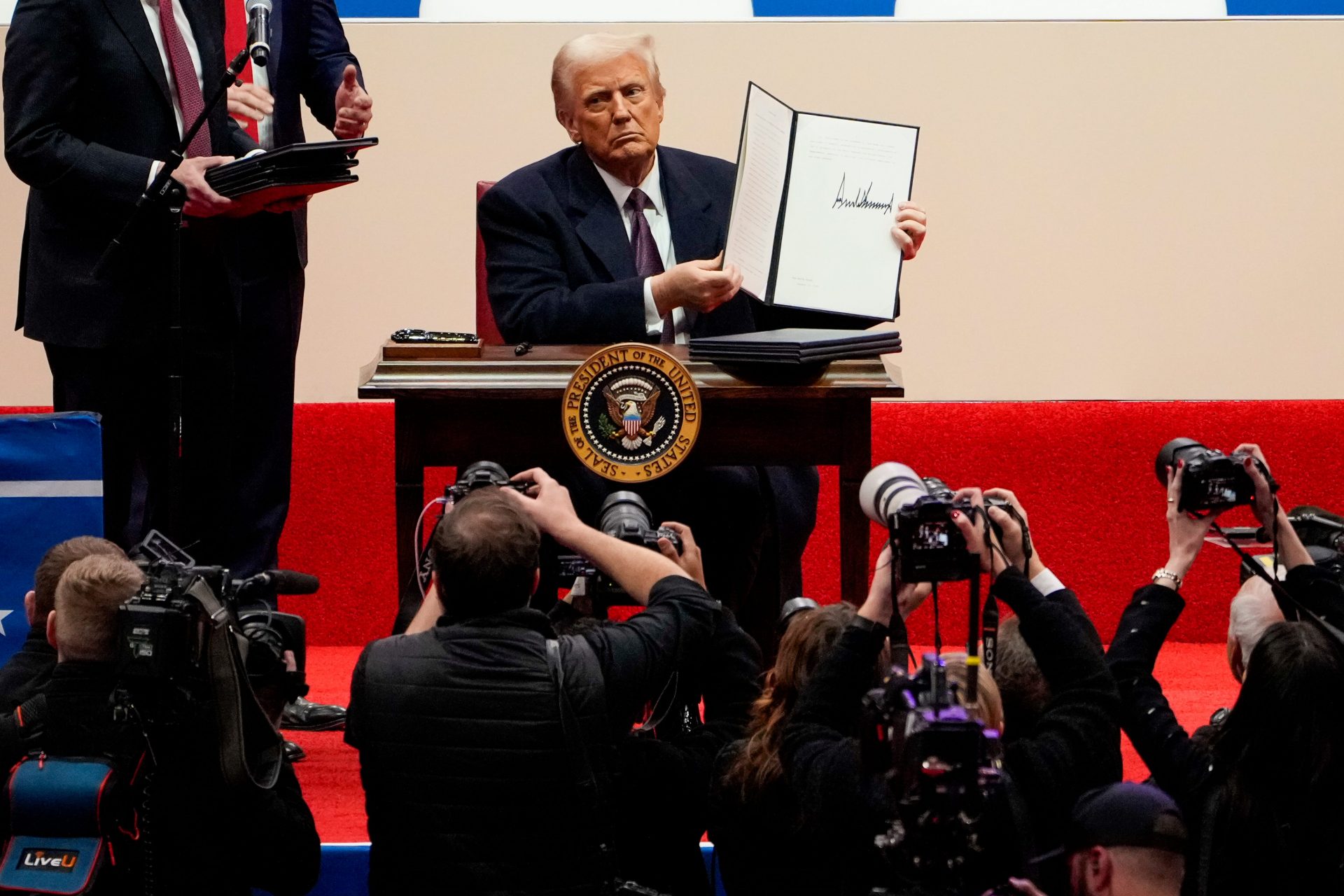By passing legislation via Congress, US President Donald Trump has issued a “Save College Sports” executive order. As with most topics in which Trump weighs in, a storm of commentary, both pro and anti, has erupted. Here are a few potential snags in this order.

5 Reasons President Donald Trump’s College Sports Order Will Backfire

1. Legal scholars indicate that the order could be vulnerable to overruling
President Trump has been aggressive in his use of executive orders, in which the President sets a government policy in the absence of any explicit legislative statement. However, executive orders in general are subject to being overturned by courts, which could render the order, in whole or in part, invalid. The uncertainty of the order will be a potential problem.
2. Trump’s decree that athletes can receive only “fair market value” from a third party is nearly unenforceable
The executive order purports to limit player compensation from third parties to only “fair market value” for services provided. In the realm of Name, Image, and Likeness (NIL), trying to establish a fair market value is near impossible. All the deals will be different from one another, and an unenforceable standard might be the only thing worse than no standard.
Additionally, the order doesn’t say exactly who will determine “fair market value.” Would it be the NCAA, the applicable federal court, or President Trump himself? Stay tuned, because without any mechanism of policing, a standard is hard to justify.
3. Protections on nonrevenue scholarships are unwieldy at best
Given the Trump administration’s prior stance on Title IX, a stated protection on nonrevenue scholarships will be unwieldy for college programs to handle. Is requiring schools to maintain nonrevenue scholarship levels a de facto limitation on their NIL money spent on football and basketball?
How will alums of major football schools react when there’s not enough NIL money to fund top recruits in football and all of those nonrevenue scholarships in less popular sports?
4. Limitations on athletes as employees could push courts in the alternative direction
One of the major issues now is whether college athletes should be classified as employees. In light of the time requirement and the control over athletes’ schedules, a credible argument has been raised that athletes are employees.
However, the Trump order says otherwise, and with the pendulum swinging in favor of an employee determination, President Trump’s order may ultimately cause a court to hasten to a contrary finding.
5. NCAA lawsuit protection seems unlikely to stand
To be clear, NIL changes have been made only because of litigation from former athletes. The Trump order indicates that the NCAA will be protected against suits from former athletes. That could be significant in issues like extra seasons of eligibility, whether transfer requirements sideline athletes, and more in the contours of athlete protection. Given the interconnection of the NCAA and athletes, a ban on litigation seems unlikely to stick.
College Sports Network has you covered with the latest news, analysis, insights, and trending stories in football, basketball, and more!

